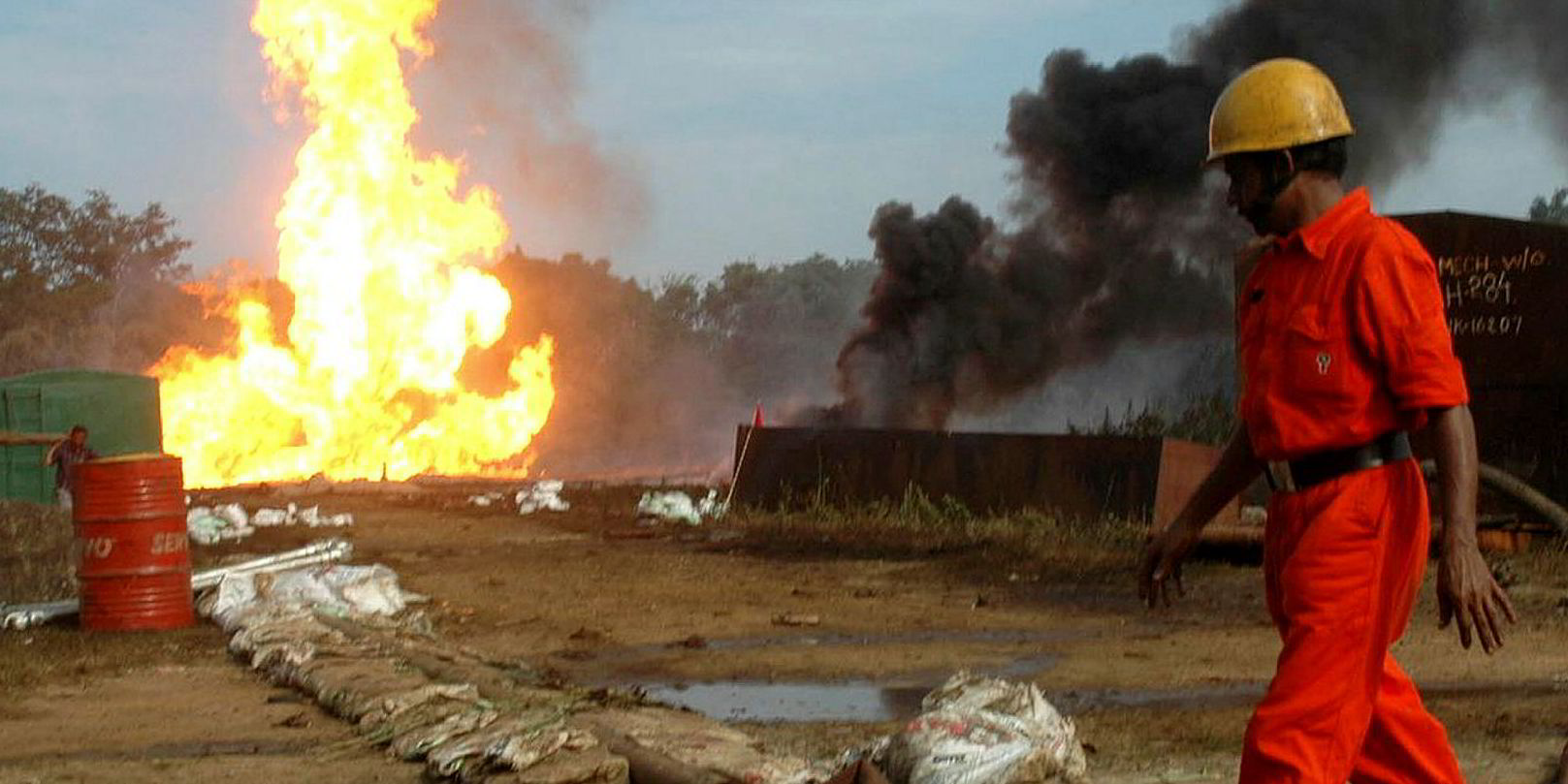Oil Exploration in Dibru Saikhowa National Park
The discourse over oil exploration in Assam’s Dibru Saikhowa National Park has gained momentum after permission for extraction was denied. Oil India Limited (OIL) aimed to implement research and development (R&D) studies using Extended Reach Drilling (ERD) technology, despite previous disapprovals due to environmental concerns. Recently, the Environment Ministry’s Forest Advisory Committee (FAC) has recommended the R&D initiative, subject to stringent conditions.
Understanding Extended Reach Drilling (ERD)
Extended Reach Drilling (ERD) facilitates deep drilling while preserving the surface environment. This method enables horizontal drilling to depths of 3,500 to 4,000 meters, minimizing surface disruption. OIL’s proposal emphasizes utilizing ERD to evaluate its environmental implications without undertaking direct oil extraction.
Proposal Background
The R&D initiative followed the FAC’s rejection of a prior proposal to drill seven wells within the park, driven by environmental safety concerns and past incidents like the 2020 Baghjan oil field blowout. The Supreme Court’s stringent regulations on mining in protected areas further influenced this decision.
Wildlife Institute of India’s Involvement
The Wildlife Institute of India (WII) endorses the R&D project, highlighting the necessity of actual drilling to understand impacts on surface biodiversity. WII is responsible for conducting the study over five years across various biogeographic zones, aiming to develop site-specific mitigation strategies.
Environmental and Regulatory Challenges
Despite technological advancements, environmentalists express significant concerns, including potential oil spills that could harm local ecosystems, particularly the nearby Brahmaputra River. The FAC’s initial rejection was shaped by legal precedents and the Ministry’s increasingly stringent guidelines on mining in ecologically sensitive regions.




